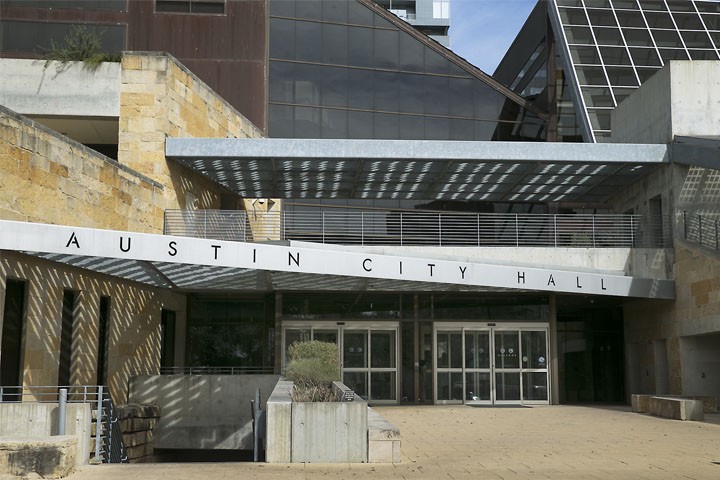news
Austin City Council approves new short-term rental rules
The new rules require platforms to de-list unlicensed properties and caps how many rentals can operate on a lot or in a building.
Published September 15, 2025 at 5:29pm by Dante Motley

Austin’s short-term rental code has been weakened by lawsuits and years of lax enforcement, but city leaders say a new set of rules will restore order.
On Thursday, the City Council approved regulations that tighten limits on short-term rentals and, for the first time, put significant requirements on platforms such as Airbnb and VRBO.
"This has been a thorny and difficult issue," Council Member José Vela said. "It has been through many lawsuits and permutations, and I feel like we’re finally getting to a point where we have a workable, enforceable ordinance that can withstand legal challenge and also generate the hotel occupancy tax that that that we've been trying to get into the the city coffers."
This marks the second major change to Austin’s short-term rental regulations this year. In February, the council shifted from a zoning-based system to a business-licensing model and required platforms to collect hotel occupancy taxes from hosts.
New requirements for platforms and hosts
After hours of testimony and amendment votes Thursday, council members approved a package that gives the city new leverage over both rental hosts and listing platforms.
Airbnb, VRBO and similar sites must now require a city license number in each ad, provide quarterly documentation of hotel occupancy taxes, and de-list unlicensed properties when the city asks. They are barred from collecting fees from unlicensed rentals.
City data show the scope of the problem: Austin has 2,413 licensed short-term rentals, but 94% of 311 complaints involve unlicensed units.
The new ordinance also restricts where and how many rentals can operate. Individual hosts cannot operate rentals within 1,000 feet of each other, though multiple residences may be listed on a single lot. On lots with three or fewer units, up to two may be used as rentals. In apartment complexes, up to 10% of units may be rented short-term, while mixed-use buildings with commercial space may list 25%.
For the first time, tenants can apply for a license if their lease allows it. Violations carry a $500-per-day fine for both hosts and platforms.
Most of the rules take effect July 1, 2026. The city plans to use the next year to launch an online licensing portal and sign a data-scraping contract to identify unlicensed listings.
A failed push and years of legal challenges
Neighborhood groups and housing advocates urged council to go further, pressing for geographic caps that they said would curb nuisances and preserve housing.
Council Member Marc Duchin proposed neighborhood-level density limits, but the measure failed 8-3. Colleagues cited legal risk, fairness concerns and the city’s prior failed attempts at similar restrictions, which led to widespread noncompliance.
Austin first tried to regulate short-term rentals in 2014, adopting rules that allowed casual, owner-occupied rentals but targeted investor-owned, whole-home listings. Courts struck down those provisions, stripping the city of its ability to preemptively ban non-owner rentals. Instead, enforcement required staff to prove violations during a stay, sometimes by knocking on doors mid-rental — an impractical system that left the ordinance toothless.
Council Member Ryan Alter said those rulings left the city unable to track addresses or license numbers on platforms, undermining enforcement.
Alter’s office has worked closely with staff and the platforms to draft the new policy, which he said has industry support.
"It’s been a long time coming," Alter told the American-Statesman. "I’m glad we finally have a set of rules that work."
He added that he hopes future changes will make applications cheaper and more accessible, encouraging more local residents — rather than out-of-town investors — to apply for licenses.

